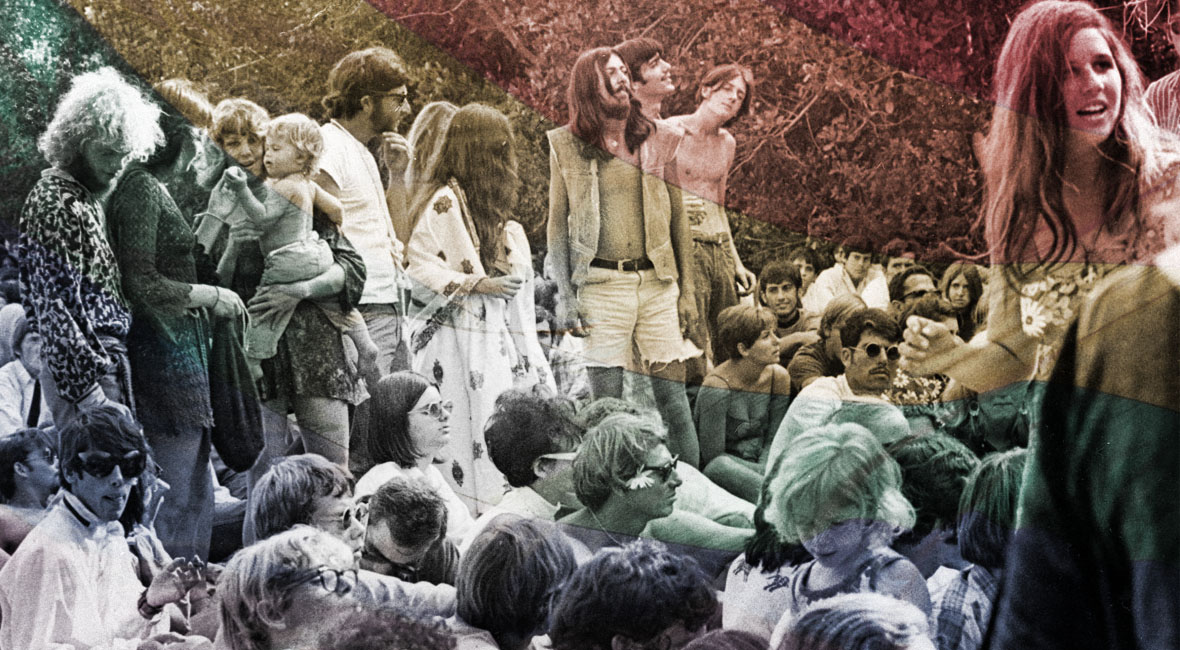One of the most remarkable things about human beings is our ability to think. We can think about ourselves, other people, or our environment. We can ponder abstract concepts like love or justice. We can imagine things that don’t exist and create whole new worlds in our minds. We can investigate the space around us, discover facts, do math. We can think of ways to accomplish tasks more safely and efficiently, and then we can create the machines that help us to achieve those goals. The human brain is the most incredible object in all of creation, and the fact that you’re now thinking about the thing that does your thinking proves the point!
Ideas are powerful things that shape both ourselves and our world. Sometime around 2008 somebody had an idea for a smart phone, and now the world has been changed forever. We could say the same thing about microprocessors, airplanes, automobiles, birth control, guns, toilets, printing presses – this list could go on forever. But ideas that shape the world don’t always take concrete forms. Sometimes an idea stays an idea, like a philosophy or a worldview, shaping the world by spreading from the mind of one person to the next. A culture is transformed by the behavior of people, and people’s actions are influenced by their thoughts. There’s nothing more powerful than an idea. Think about what we find right in the beginning of Scripture: The idea that humans are created in the image of God. This idea has had as profound an impact for good in this world as any other idea ever thought up!
Jesus People are Idea People
In significant ways, followers of Jesus are idea-people. The Gospel isn’t simply an idea, of course, but rather a message about things that happened in a real place at a real time — that Christ was crucified, that he died and was buried, and that he rose again on the third day. This is more than an idea; it’s a fact of history that can reasonably be proven to be true. But there are many ideas that flow from this message: God loves humanity; God is Trinity; We are saved by grace through faith; We don’t have to fear death and can have hope for a resurrection; We should love others just as God has loved us. The ideas that the Gospel reveals form the heart and soul of the Christian faith. We lose those precious ideas if we change or compromise the message of the Gospel. We all know that nature hates a vacuum, so we need to be aware of new ideas that will replace the old ones. If we lose the Gospel, what ideas will we come to believe? And how will those beliefs shape our words, actions, and desires? If we lose the Gospel, will we become more like Jesus, or less like Him?


